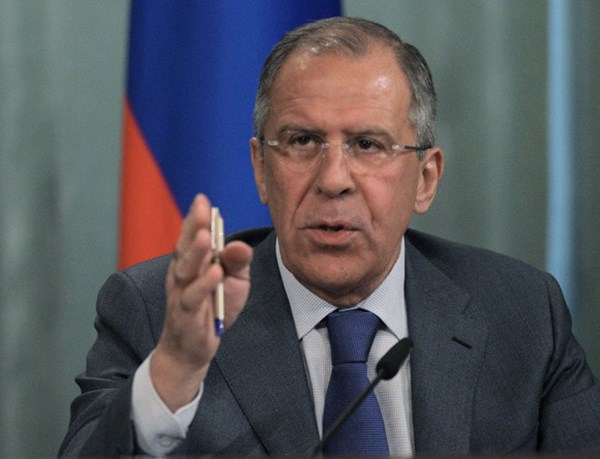Lavrov: sanctions imposed on Syria exacerbate the humanitarian crisis in the country
Russia considers the existence of EU and US sanctions against Syria to be an abnormal situation, said Russian Foreign Minister Sergei Lavrov following negotiations with the High Representative of the EU for Foreign Affairs, Federica Mogherini.
"We have already discussed with our colleagues this, in my opinion, abnormal situation. Sanctions in many respects hamper the development of manufacturing of basic necessities in the Syrian Arab Republic, including the pharmaceutical industry, which was always very developed in Syria; and now it is undercut by those sanctions, the prohibitions that our Western colleagues have imposed," the Russian Foreign Ministry's press service quotes Lavrov as saying.
The Minister also noted that it is time to look at the consequences of the sanctions that the EU and the US are applying against Syria.
"We are aware of the great contribution that the European Union makes to the relief of the suffering of the Syrian people. Probably, it's time, I think it has long come, to look at the humanitarian consequences of those sanctions that the European Union and the United States have introduced against the Syrian Arab Republic," Lavrov said.
For its part, Federica Mogherini said that EU sanctions do not affect the civilian population of the country.
"Our sanctions on Syria do not affect the civilian population; they are all directed against those who bear a special responsibility for the war," Mogherini told reporters.
The EU extended the sanctions against Syria until June 1, 2018. The updated sanction list contains 240 individuals and 67 legal entities. Current sanctions against Syria include, in particular, an oil embargo, restrictions on certain investments, the freezing of Syria's Central Bank assets inside the EU, and restrictions on the supply of equipment and technologies that can be used for internal repression and for surveillance and interception of Internet-traffic and telephone conversations.
